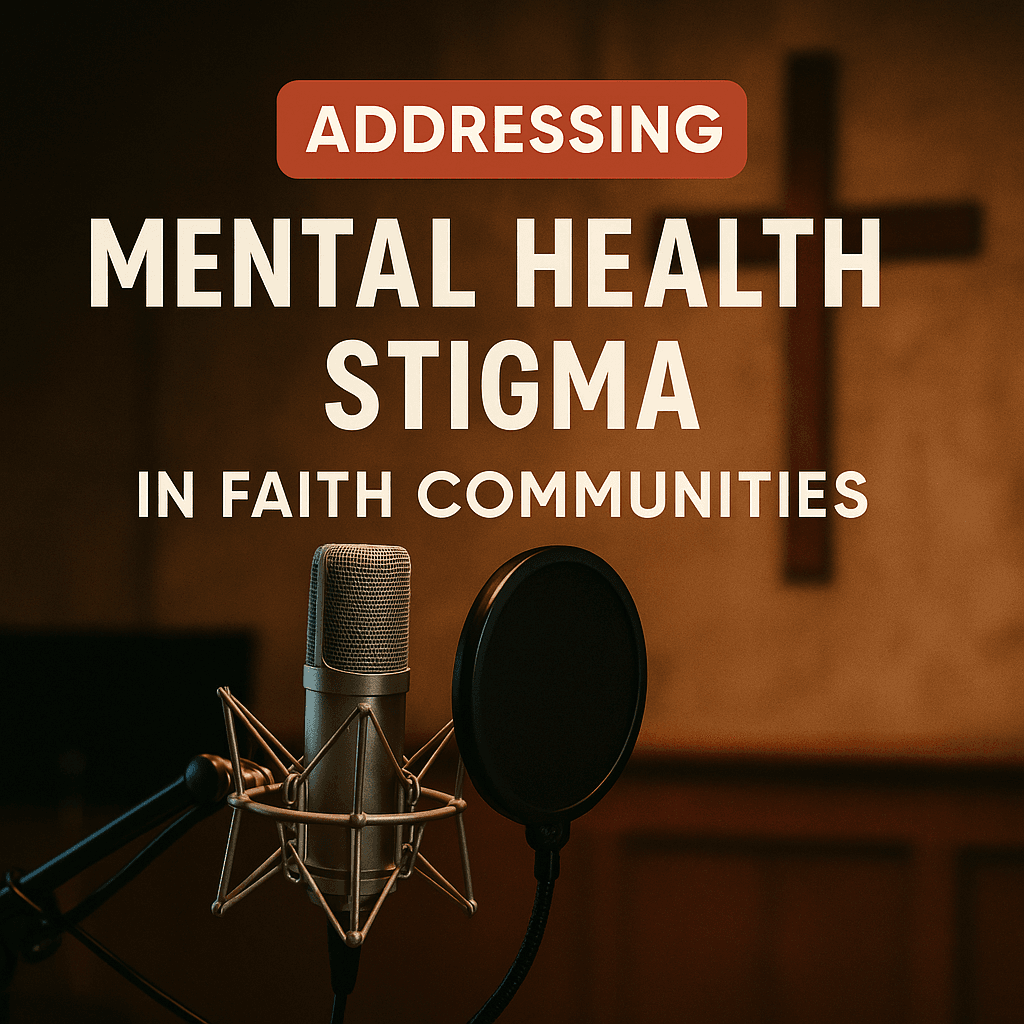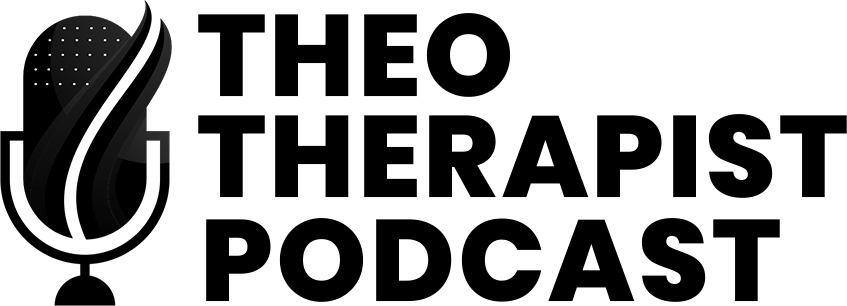Author: Dr. Ca Trice Glenn
T
he Role of Spirituality and Religion: Theology, at its core, is about understanding and connecting with the divine. Spirituality is about connection particularly our connection with God, others, and our purpose. Religion, on the other hand, provides a structured community of beliefs and practices. By integrating theological perspectives with mental health practices, faith communities can offer a more comprehensive approach to healing. A common view is that “Theology is faith seeking understanding,” which highlights the potential for growth when these two worlds intersect. In our podcast, we explore how theological ideas and therapeutic practices intersect, offering a holistic approach to health and healing. It’s about recognizing that seeking help is not a sign of weak faith but a step towards spiritual and mental well-being.
Breaking the Stigma: In many faith communities, seeking therapy is often stigmatized. “Unfortunately, some religious communities either demonize therapy or in some way demonize things that attack your thoughts and your mind as some type of negative,” says Dr. Ca Trice Glenn. This perception often leads individuals to suffer in silence, fearing judgment or a perceived lack of faith. It is important to reassure spiritual persons that getting help is not a lack of faith but an act of stewardship over one’s life. It’s about being the best version of oneself, as God intended.

“Getting help is not a lack of faith but an act of stewardship over one’s life.” – Dr. Ca Trice Glenn
The Bridge Between Faith and Therapy: Pastoral care and counseling serve as a bridge, integrating theological and psychological resources. This approach allows us to walk alongside others in their distress, offering a relational perspective to healing. It’s about recognizing that God provides various forms of assistance, including therapy, to help us navigate life’s challenges.
Creating Safe Spaces: Faith leaders and community members can play a pivotal role in creating safe spaces for open dialogue about mental health. Encouraging conversations and providing resources can help dismantle the barriers that prevent individuals from seeking help.
A Call to Action: It’s time for faith communities to embrace mental health as a vital component of spiritual stewardship. By doing so, they can offer a more inclusive and supportive environment for all members. As Dr. Glenn puts it, “Therapy is another opportunity to be a good steward of what we have in life.”
Addressing mental health stigma in faith communities requires courage, compassion, and a commitment to change. By fostering understanding and acceptance, we can create a future where mental wellness is celebrated as an integral part of spiritual life. It’s about embracing the idea that faith and therapy can coexist, leading to a more holistic and fulfilling life. As we continue this journey, let us remember that seeking help is a testament to our faith and a step towards healing.
Subscribe Now: Join us as the TheoTherapist Podcast continues to explore these vital topics in our upcoming episodes. Subscribe to our podcast and be part of the conversation on faith, therapy, and mental health.
Subscribe now to receive more tips and stories on navigating life’s transitions and supporting mental well-being.
“Faith and therapy can coexist, leading to a more holistic and fulfilling life.” – Dr. Ca Trice Glenn
“Pastoral care and counseling serve as a bridge, integrating theological and psychological resources.” – Dr. Ca Trice Glenn




